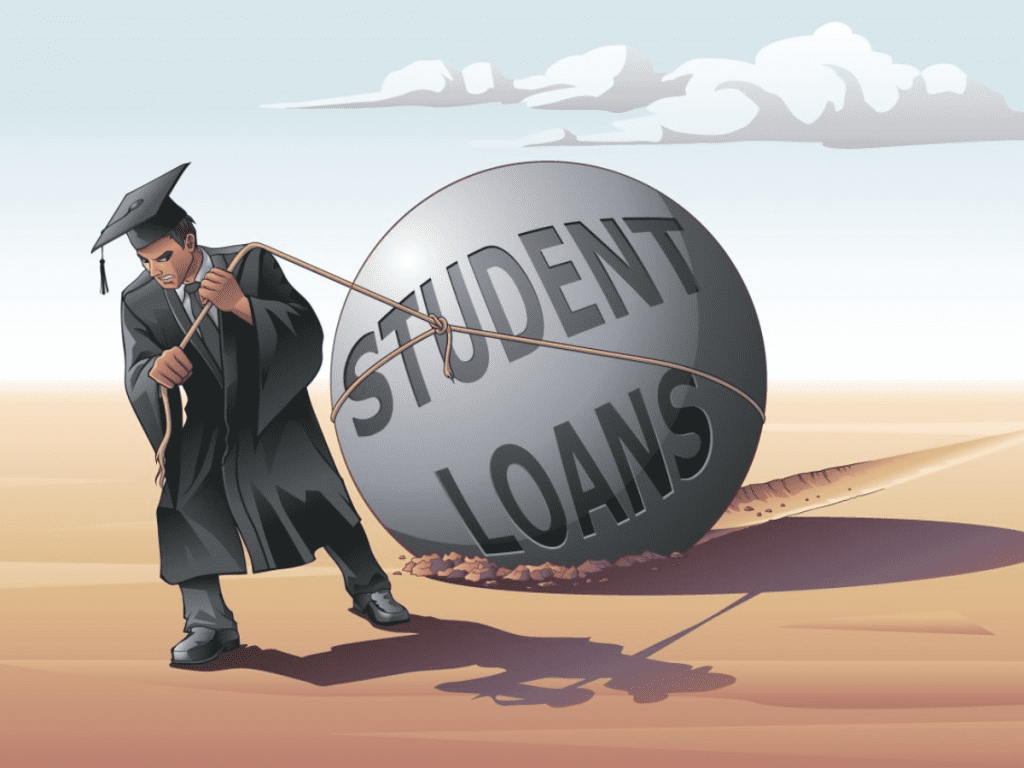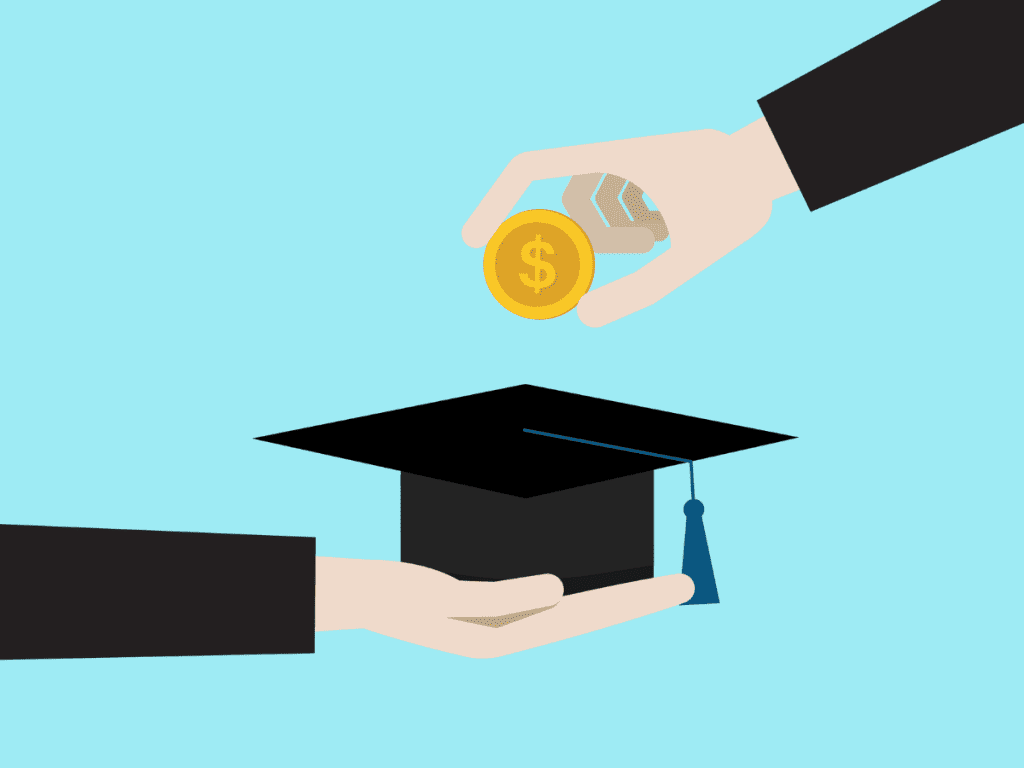Introduction
Education is a cornerstone of personal and societal progress. It opens doors to opportunities, expands knowledge, and fosters innovation. However, for many aspiring students, the cost of higher education can pose a significant barrier. This is where education loans come into play, acting as a crucial enabler for students to pursue their dreams and achieve their goals. By providing financial support, education loans empower students to access quality education, break the cycle of poverty, and contribute meaningfully to society. In this article, we will explore how education loans empower students, their benefits, challenges, and the broader impact on society.
Access to Quality Education
One of the primary ways education loans empower students is by granting access to quality education. Many prestigious institutions have high tuition fees that may be unaffordable for students from low- and middle-income families. Education loans bridge this financial gap, allowing students to enroll in courses and programs that align with their aspirations. By removing financial constraints, loans ensure that deserving students are not deprived of opportunities due to economic limitations.
Access to quality education equips students with the skills and knowledge needed to excel in their chosen fields. This, in turn, enhances their employability and earning potential. A well-educated individual is better positioned to secure stable employment and contribute to the economy, which underscores the long-term value of investing in education.
Promoting Social Mobility
Education loans play a vital role in promoting social mobility. For students from disadvantaged backgrounds, higher education serves as a pathway to upward mobility. By enabling them to pursue degrees and professional certifications, education loans help break the cycle of poverty and create a ripple effect of progress within families and communities.
When students achieve their academic goals, they not only improve their own lives but also inspire others in their communities to aspire for higher education. This creates a culture of learning and ambition, fostering a more equitable society where opportunities are not limited by socioeconomic status.
Encouraging Personal Growth and Independence
Taking an education loan is a significant decision that instills a sense of responsibility and independence in students. Managing loan repayment teaches valuable financial skills such as budgeting, planning, and prioritization. These skills are crucial for navigating adulthood and managing personal finances effectively.
Moreover, the experience of overcoming financial challenges to achieve academic success builds resilience and confidence. Students learn to persevere in the face of adversity, a trait that serves them well in their personal and professional lives. The journey of funding their own education also fosters a sense of ownership and pride in their achievements, further motivating them to excel.
Facilitating Global Opportunities
In today’s interconnected world, global exposure is invaluable. Many students aspire to study abroad to gain international perspectives and access cutting-edge research and facilities. However, the cost of studying in foreign institutions can be prohibitive. Education loans provide the financial backing needed to pursue these opportunities, making global education accessible to a broader range of students.
Studying abroad not only enhances academic and professional prospects but also promotes cultural exchange and understanding. Students who gain international experience are better equipped to thrive in diverse environments and contribute to global progress. By facilitating such opportunities, education loans play a pivotal role in shaping global citizens.
Supporting Specialized and Vocational Training
Education loans are not limited to traditional academic degrees; they also support specialized and vocational training programs. These programs are often essential for acquiring industry-specific skills and certifications that lead to immediate employment. For instance, courses in fields like information technology, healthcare, or skilled trades can significantly enhance employability.
By financing such programs, education loans ensure that students can pursue career-oriented training without financial constraints. This not only benefits individuals but also addresses skill shortages in various industries, contributing to economic growth and development.
Challenges and Solutions
While education loans empower students in numerous ways, they are not without challenges. One common concern is the burden of repayment, especially if students face difficulty securing employment after graduation. To address this issue, many financial institutions and governments offer flexible repayment options, such as income-based repayment plans. These plans adjust monthly payments based on the borrower’s income, ensuring that repayment remains manageable.
Another challenge is the lack of awareness about education loans and their benefits. Many students and families are unaware of the options available to them or are hesitant to take loans due to misconceptions about debt. Educational campaigns and financial literacy programs can play a crucial role in addressing these concerns. By providing clear information and guidance, stakeholders can ensure that students make informed decisions about their financial future.
Long-Term Impact on Society
The impact of education loans extends beyond individual students to society at large. By enabling access to education, these loans contribute to the development of a skilled and knowledgeable workforce. This, in turn, drives economic growth, innovation, and social progress.
Educated individuals are more likely to participate actively in civic life, contribute to their communities, and advocate for positive change. They also tend to have better health outcomes and provide improved opportunities for their children, creating a virtuous cycle of progress. By investing in education loans, society invests in its own future, reaping long-term benefits that far outweigh the initial costs.
Conclusion
Education loans are a powerful tool that empowers students to achieve their goals and realize their potential. By providing financial support, these loans open doors to quality education, promote social mobility, and facilitate personal growth. They also enable students to access global opportunities and pursue specialized training, contributing to a skilled and dynamic workforce.
While challenges such as repayment burdens and lack of awareness exist, they can be addressed through innovative solutions and collaborative efforts. By recognizing the transformative power of education loans, we can ensure that every deserving student has the opportunity to pursue their dreams, regardless of their financial background. In doing so, we create a more equitable, prosperous, and enlightened society where education truly becomes a universal right rather than a privilege.

